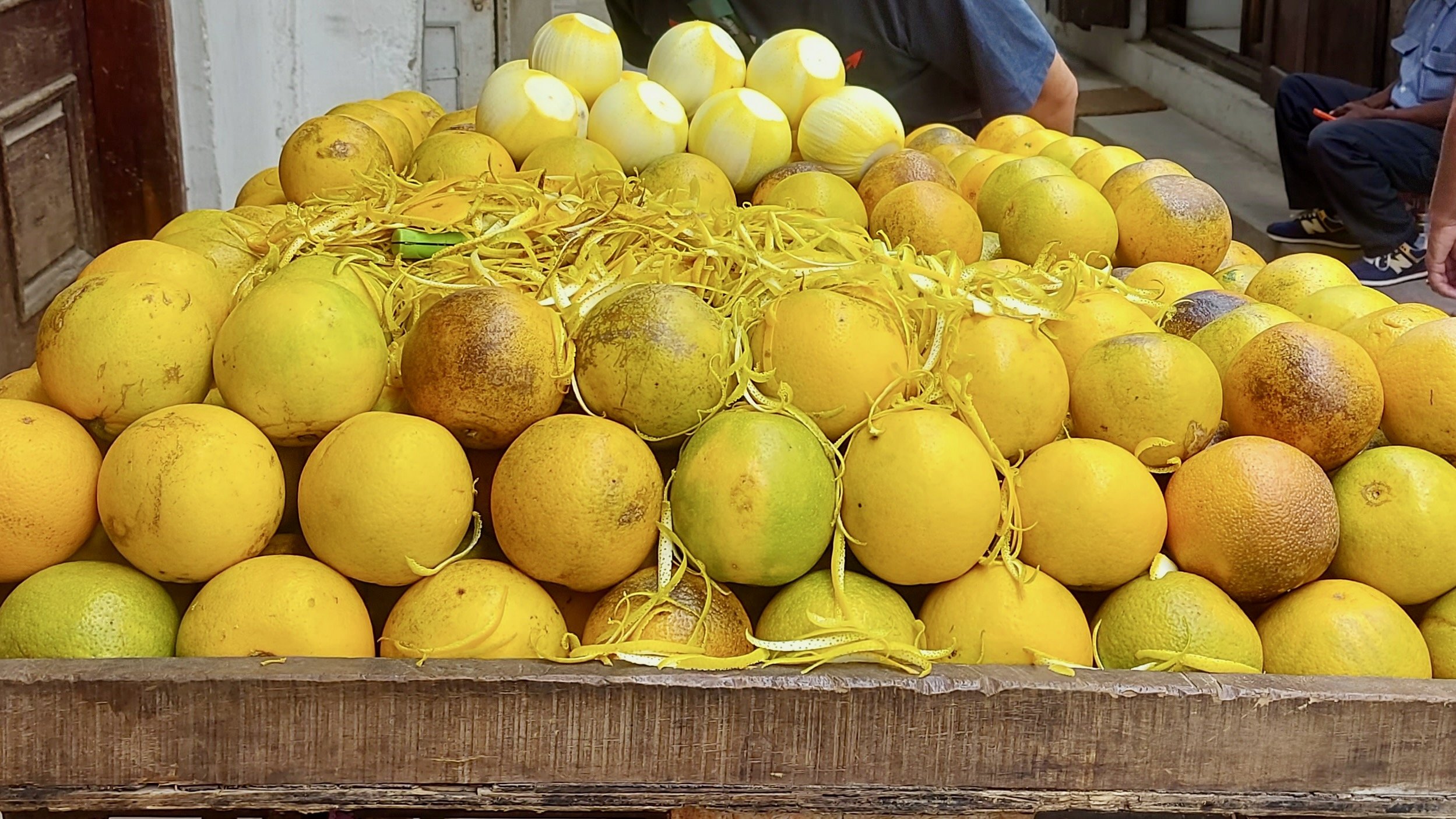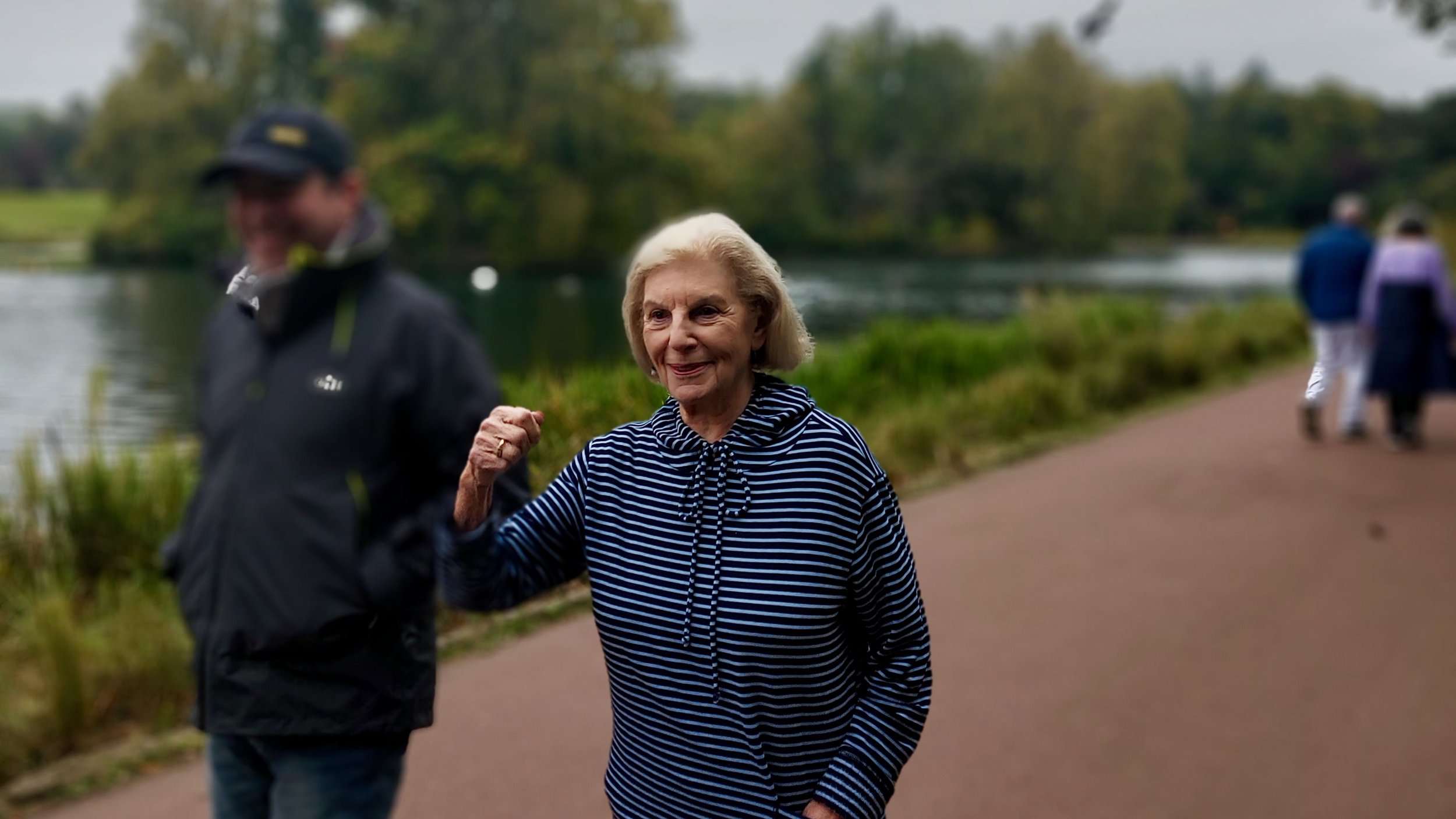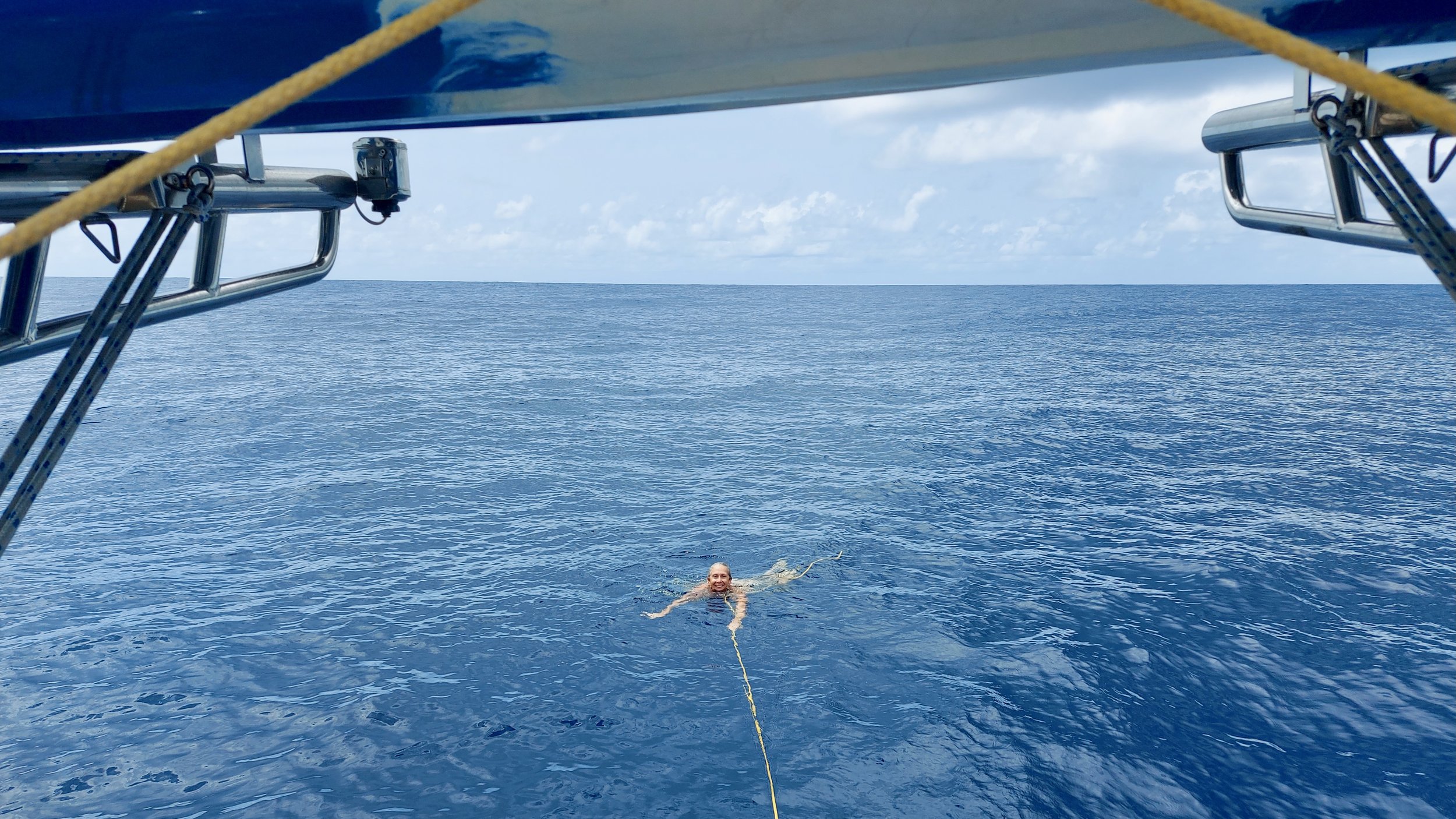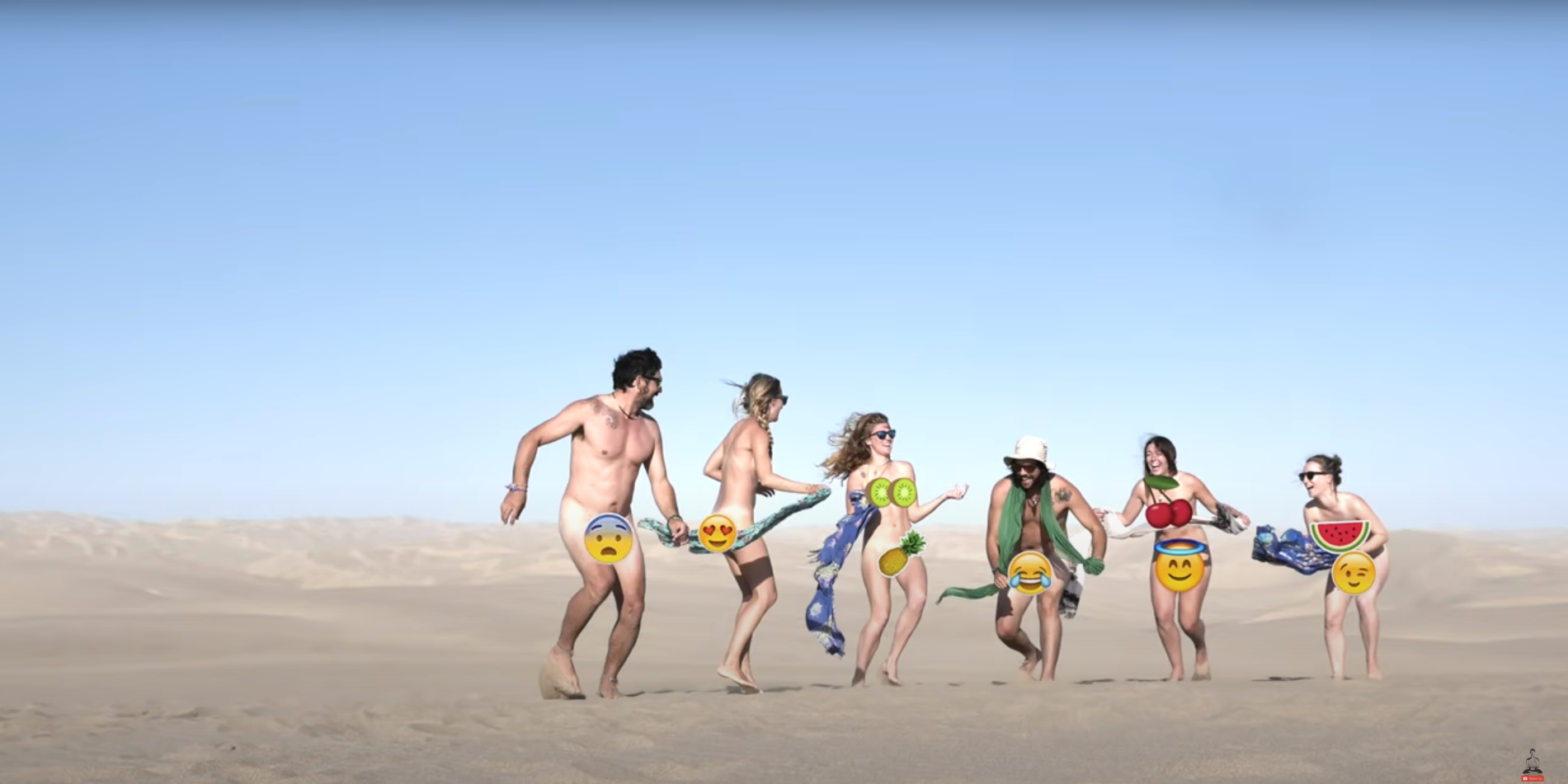The Prickly Problem of Purchasing Produce

Day 4 : Ascension Island to Azores
Monday, March 21st 2022
37 eggs, 9 onions, 6 potatoes, 5 furry carrots, 3 squishy tomatoes, a mouldy cabbage and a bag of surprisingly fresh basil. That’s the sole extent of the fresh food onboard Steely on Day 4 of our 35-ish day passage to the Azores.
Bad planning? Not really. More like a combination of the harsh realities of remote cruising, combined with a small dose of good ethics.
We left Cape Town with our fridge and freezer bursting at the seams. It was literally the cause of several domestics, as I kept wanting to purchase more, and Jen, ever the pragmatist, would quite rightly counter with the eminently sensible refrain of “But where will we put it?”.
As always in our relationship, the healthy tension of two strong-willed people with similar, but just different enough, perspectives on the world meant that we found a good balance. Although we’re only now reaching the point where it’s no longer a punishment to have to go and find something in the freezer.
With dried goods, jars and cans, Steely can accommodate an almost limitless quantity, so we have no fear of running out of pasta, rice, chips, canned tuna, chopped tomatoes etc etc. But the capacity of our fridges and freezer cannot be stretched.
Knowing that finding decent quality meat was going to be a problem, and having little faith in our fishing capabilities to keep us well fed, we invested in enormous quantities of chicken, beef, mince, lamb, bacon, sausages etc. I may have over-estimated our requirements in that department, and am certain we’ll arrive in the UK still well stocked on the protein front. Sorry, Jen, you were right on this one
Our dairy stash is lasting well too – at least the basics of butter and cheese. We ate the last of the yoghurt yesterday, and since we now use powdered milk, we have effectively a limitless supply of that too.
Fresh produce is a whole different matter though, as the limiting factor is not space so much as longevity.
Stored well, eggs can keep for a few months. So too with carrots, pumpkin and cabbage. But with everything else, there’s a limit. So, some 8 weeks after we left, all of our fruit, salad and green vegetables from Cape Town are long since gone. We were able to buy tomatoes and cucumbers and potatoes in Namibia, but not much else.
St Helena has it’s fresh supplies shipped in monthly from South Africa, and availability is highly dependent on the luck of your timing. We arrived some two weeks after the supply ship, so again were limited to some tomatoes and cucumbers, potatoes and onions. And glory be, two fresh lettuces supplied to us by a lovely couple who run a sandwich making business in Jamestown and who had a privately grown stash.
By the time we got to Ascension, we were down to the bare minimum again, but as well as availability, there was another consideration to take account of.
Like St Helena, almost all fresh produce is flown in from South Africa. Almost all, because there is a government supported hydroponics farm on the island, which does succeed in growing small quantities.
But where St Helena is a small population of just 4,000, Ascension is on a different scale altogether, with just 800 people living there. A significant proportion of those do not buy food at the shops – they live on the two Air Force bases and have their meals at the mess. And most of the food on the bases is brought in privately by the military, so doesn’t form part of the food system for the non-military personnel on the island (although not surprisingly, there were persistent rumours of a small black market operating).
But what that means is that the quantities of fresh produce brought in, or successfully grown on the island, is tailored to (and thus able to supply the needs of) a very small population.
And just a few yachties can upset the delicate balance.
In fact, when we made friends with Herby and Tanya on the island one of the first things they said was that many of the locals had quite negative feelings about yachties, largely because some who have come before have bought up all the fresh produce on departure, leaving very little for the locals.
Sadly, hearing this didn’t surprise us one little bit.
We tried to hire a car on the island, and were unable to do so, despite there being more cars than people. It was hinted to us that it was the fact that we were yachties that was the limiting factor, which may or may not have been true, but even the fact that it was mentioned as a possible reason is evidence that a clean wake had not been left by those who came before.
Having an awareness of the impact of ones’ behaviour (or even just presence) on the remote communities we often visit is a trait exhibited by most cruisers, of course, but absolutely not all of them.
Sometimes, that lack of awareness is relatively understandable.
When we were marooned off the island of Uligan in the Maldives at the beginning of the pandemic, the purchase of groceries was organised for us (and the other 14 boats marooned with us) via our agent, and delivered via the coastguard. We were stuck at that anchorage for 3 months and it was often a chaotic process which highlighted some of the best, and worst, of human behaviour.
But leaving aside all of the messy politics of that strained time, I had a personal wake-up call about 3 weeks into our enforced stay during a conversation with our agent when he pointed out something I just hadn’t considered.
Uligan is the most northern inhabited island in the Maldives, and has a population of just 300 people. It is literally the last stop on the supply chain, and even in non-Covid times, food supply can be patchy at best.
The yachties, fearful they may be thrown out of the country and have to embark on long voyages at short notice, were understandably most concerned at ensuring they were well stocked at all times, and were thus ordering in large quantities.
But those food orders, for the approximately 40 people on board the yachts, who were trying to ensure they had at least 2-3 month’s supply on board, represented more than what the locals were looking to purchase for their entire population.
And since there was a limited space on the boats that were bringing the supplies from the capital (especially since all but the most urgent inter-island travel was banned) resentment was growing among the locals.
Since the yachties were not allowed ashore, we were pretty much oblivious to the tiny size of the population and basic supplies that existed on the island, so I think it was entirely understandable that we were unaware of our impact in that specific circumstance until it was pointed out to us.
Not all examples are so easily understandable, though, and sadly, the pandemic has brought to the surface many more examples of yachties who are either unaware of, or frankly unconcerned by, their impact (or potential impact) on the communities they’re visiting or on the reputation of yachties still to come.
Over the last two years, we have witnessed too many examples of a lack of respect for local laws and regulations, communities and their customs to be able to recount here, and we know that it has a material impact on the yachties who come next, as vividly explained by our experiences on Ascension Island.
And the problem has been growing, so much so that the Ocean Cruising Club (of which we’re members), felt compelled to publish the following this month:
///
OCC Statement on Ethics
The Coronavirus pandemic has led to some countries and communities being very wary of cruisers and unfortunately fearful of us. In order to be clear about what the OCC and its members stand for the OCC Board and General Committee, at meetings on 12th February, agreed the following statement which will appear on the website and can be referred to by members:
OCC Members are cruisers who comply with international, national and local laws and regulations; respect communities, their customs, the environment and other people including other Members; demonstrate honesty, fairness and courtesy; and are responsible and accountable for their actions.
///
I’m not certain that the prickly problem of purchasing produce was uppermost in their minds as that statement was developed, but I think it’s covered, specifically by the use of the phrase “demonstrate …fairness and courtesy”.
I’d like to say that it was only our respect for the locals, and compliance with the OCC Code of Ethics, which prevented us from buying fistfuls of lettuce, tomatoes, and cucumbers, as we were preparing to leave Ascension.
But to be frank, it wasn’t put to the test. All that was on the shelf in the shop was some potatoes, onions and some bags of amazingly good basil.
And so, with at least another month to go, scurvy rears it’s ugly head. Or at least it would, if we didn’t also have a freezer stocked full of previously prepared curries, stews and risottos that we cooked earlier and stuffed full of veggies.
Day 4 Statistics:
Time on passage so far: 3 days, 21 hours
Distance covered in last 24 hours: 166 nm
Average Speed in last 24 hours: 6.9 knots
Official Length of intended Route when we set out: 3,480 nm
Current Projected Distance to Go according to chart plotter: 2,957
Distance Sailed so Far: 533 nm
Total Projected Distance of Route: (2,957+533) 3,490
Change in total projected distance in last 24 hours: -103 miles A change in the forecast means that we think we’re going to be able to get a lot more easting into our route as we cross the ITCZ this week. This in turn allowed me to alter our onward course somewhat taking into account what should be a more favourable wind angle. So we’re pretty much back to where we started. Long may that continue.
Number of heads of broccoli that we found in St Helena that we had to heartbreakingly throw out as they went bad in the bottom of our fridge due to criminal neglect: 2





